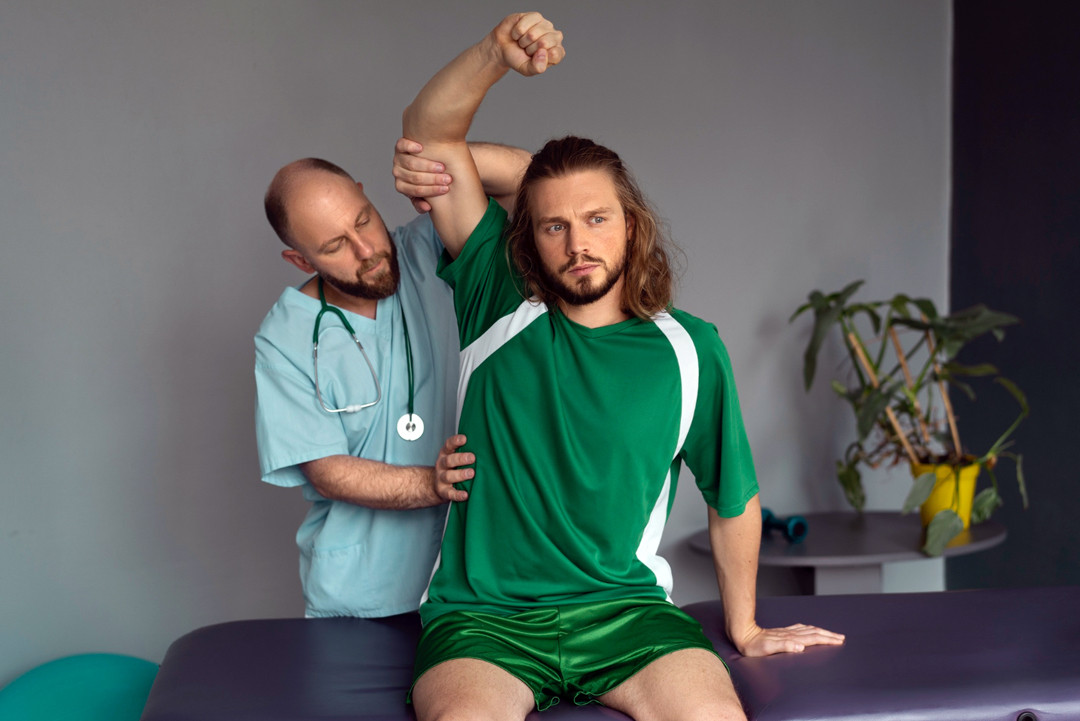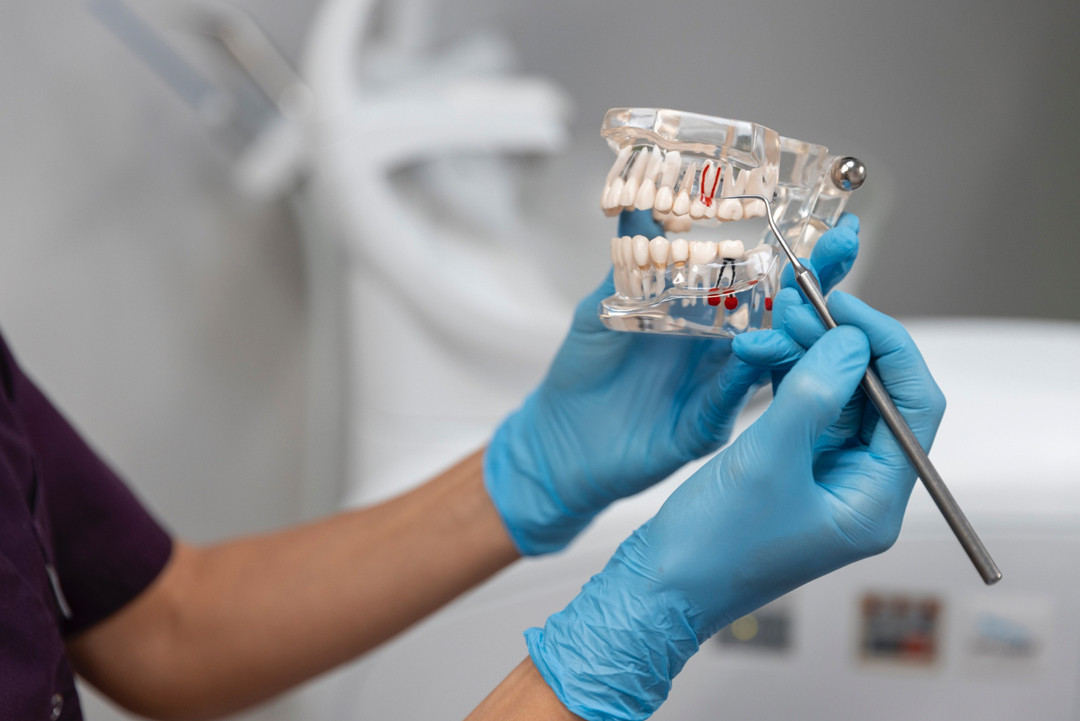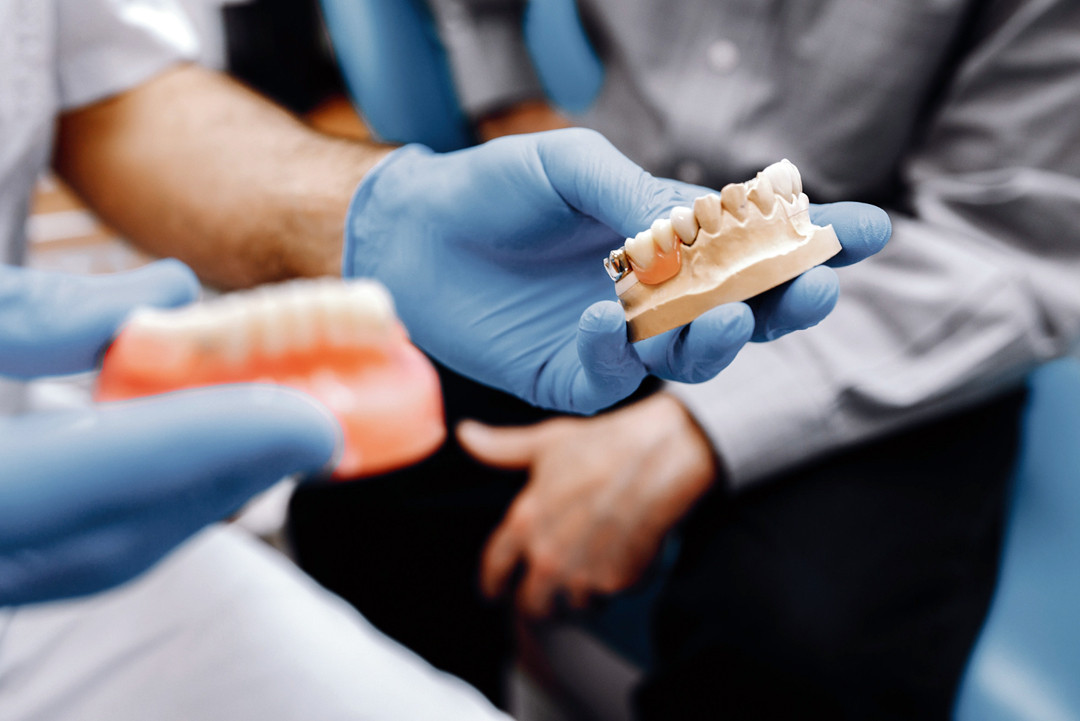What Is Sports Medicine?
Sports medicine is a specialized field focusing on the prevention, diagnosis, treatment, and rehabilitation of injuries and conditions related to physical activity and sports. This branch serves athletes, fitness enthusiasts, and individuals with physically demanding jobs, helping them maintain or regain optimal function and performance.
Who Are Sports Medicine Specialists?
Sports medicine specialists include physicians, surgeons, physical therapists, nutritionists, and athletic trainers who work together to manage injuries and improve athletic performance. Many sports medicine physicians are board-certified in internal medicine, family medicine, or pediatrics and receive additional training in sports-related conditions.
Key Team Members:
- Orthopedic Surgeons: For surgical intervention when needed.
- Physical Therapists: To guide rehabilitation and restore mobility.
- Certified Athletic Trainers: Develop exercise routines to prevent re-injury.
- Nutritionists: Offer dietary plans for optimal performance and recovery.
Conditions Treated in Sports Medicine
Sports medicine professionals address a variety of injuries and conditions, including:
Common Injuries:
- Ankle Sprains: Ligament tears or stretches.
- Fractures: Bone breaks needing precise management.
- Knee Injuries: ACL tears, meniscus injuries, and patellar dislocations.
- Tendonitis: Overuse inflammation of tendons.
- Concussions: Traumatic brain injuries requiring close monitoring.
- Cartilage Damage: Often resulting from impact or overuse.
Other Conditions:
- Exercise-Induced Asthma: Breathing difficulties during exercise.
- Overuse Injuries: Stress fractures or repetitive strain issues.
- Heat Exhaustion: Dehydration and overheating during intense activity.
How Does Sports Medicine Enhance Performance?
Sports medicine plays a vital role in injury prevention and performance improvement through:
- Injury Prevention: Identifying risk factors and designing training to minimize injuries.
- Rehabilitation Programs: Customized plans for recovery and regaining function.
- Training & Conditioning: Developing sport-specific programs to improve strength, endurance, and flexibility.
- Nutritional Guidance: Tailored diets and supplements to enhance energy and recovery.
- Performance Monitoring: Using advanced tools like heart rate monitors and biomechanical analysis.
- Psychological Support: Managing stress and mental health for peak performance.
What To Do After a Sports Injury?
- Seek Immediate Medical Attention: Prompt care for fractures, dislocations, or severe injuries.
- Rest and Protect the Injury: Use braces or crutches if necessary.
- Apply Ice or Cold Therapy: Reduce swelling with ice packs for 15–20 minutes multiple times a day.
- Physiotherapy: Begin a rehabilitation program to regain mobility and strength.
- Gradual Return to Activity: Start with light exercise and progressively increase intensity under supervision.
Why Visit a Sports Medicine Specialist?
Whether you’re dealing with an acute injury or seeking to optimize performance, consulting a sports medicine specialist ensures access to advanced care and preventive strategies. For a healthier and more active lifestyle, reach out to a trusted provider today!


















